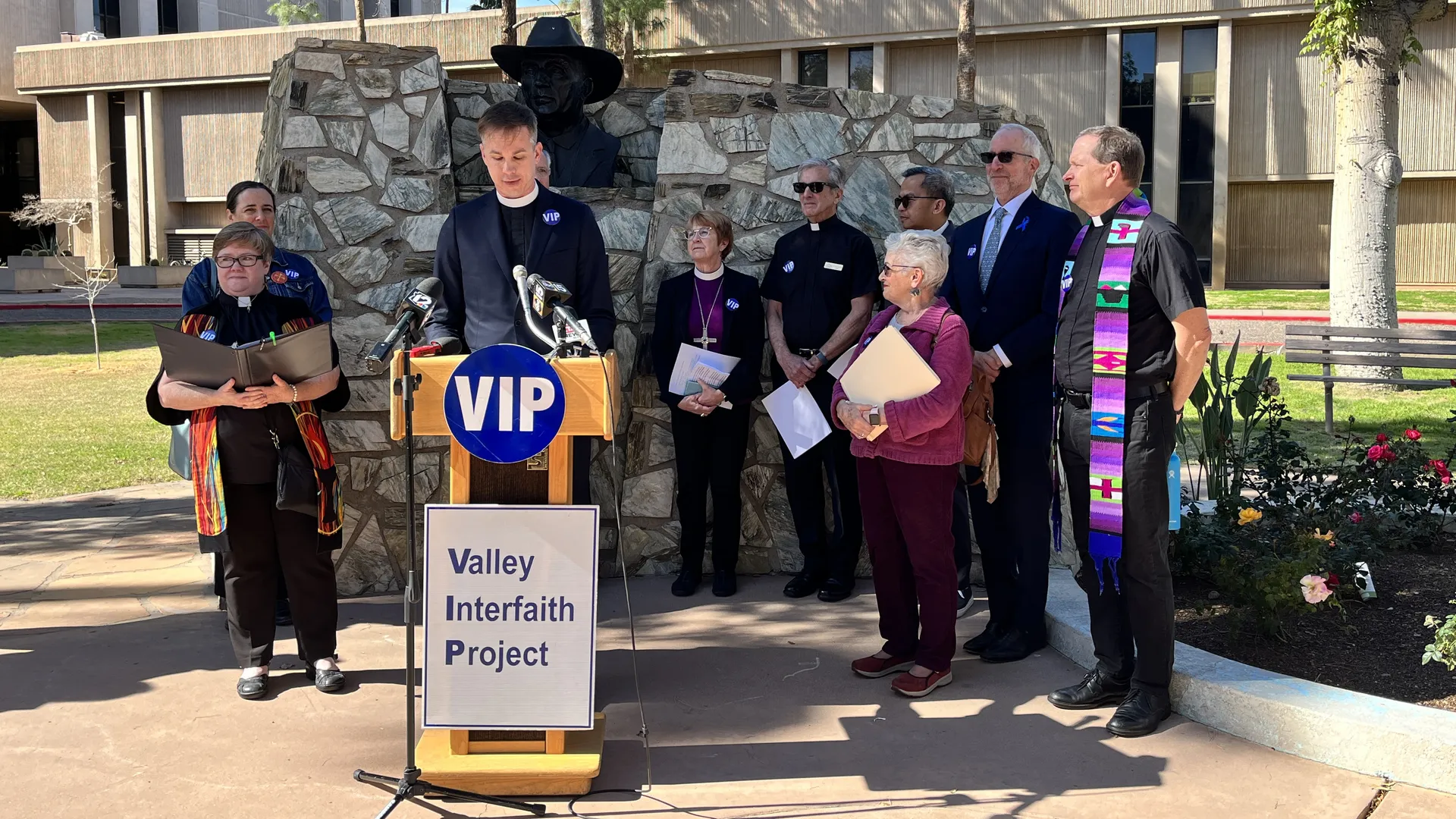CEQA"s Historic Role in Environmental Protection
The California Environmental Quality Act (CEQA) has long stood as a bastion of environmental protection, allowing citizens and activists to challenge developments that threaten ecosystems and public health. For over fifty years, this law has been a powerful tool, enabling communities to voice their concerns against projects that could irrevocably damage California"s diverse landscapes. Yet, the recent dismantling of CEQA by Governor Gavin Newsom and a bipartisan coalition of lawmakers marks a perilous shift, prioritizing housing development over environmental safeguards.
Political Pressure and Housing Shortage
Amidst soaring housing costs and an escalating homelessness crisis, California"s leaders have opted for a drastic rollback of CEQA, a decision they claim will expedite housing construction. As reported by Governor Newsom, the newly signed bills will allow numerous development projects to bypass essential environmental reviews. The urgency is palpable, as nearly 40 million residents struggle with affordability and access to housing. Newsom"s assertion that these reforms represent the "most consequential housing reforms" in modern history reveals his administration"s willingness to sacrifice environmental integrity for the sake of immediate housing solutions.

California governor signs laws to boost housing production ...
Environmentalists Warn of Ecological Catastrophe
Activists and environmental groups have raised alarms about the potential ramifications of this legislative shift. Critics, including State Senator Catherine Blakespear, have articulated concerns that the relaxation of CEQA could devastate habitats for vulnerable species, from local butterflies to larger mammals like bears and bighorn sheep. As reported by environmental lobbyist Kim Delfino, the new laws could lead to unchecked development that threatens coastal habitats and critical ecosystems. The bill"s exemptions for high-density projects, as long as they avoid sensitive areas, raise questions about the definition of "sensitive" and who gets to determine it.
Historical Context and Unintended Consequences
CEQA was enacted in 1970, originally designed to protect California’s natural resources from the ravages of urban sprawl and pollution. However, it has since been criticized for becoming a tool for obstructing necessary housing projects, with some environmentalists labeling it a "Frankenstein" law that has morphed into a barrier rather than a safeguard. The law"s expansive application to private projects, established by a 1972 court decision, has led to excessive litigation that can delay vital housing initiatives. As communities grapple with an unprecedented housing shortage, these unintended consequences have fueled bipartisan support for reform.

How enviros lost CEQA - POLITICO
Social Justice Implications of Housing Policy
The implications of this legislative change extend beyond environmental concerns. Assemblywoman Buffy Wicks has articulated the need for the Democratic Party to shift its focus towards pocketbook issues, asserting that "affordable housing is the civil rights struggle of our time here in California." This statement underscores the intersectionality of housing policy and social justice, revealing how systemic inequities are exacerbated by the housing crisis. The fallout from this decision could disproportionately affect low-income communities and communities of color, who already face significant barriers to housing security.
The recent changes might provide immediate relief to some segments of the population, but they risk perpetuating a cycle where environmental degradation disproportionately impacts marginalized communities. As urban centers expand without adequate environmental oversight, the fallout could be felt most acutely by those already at the margins of society.
A Reckoning for Environmental Justice
The rollback of CEQA is not merely a housing policy adjustment; it signals a broader reckoning for environmental justice advocates who have long fought for sustainable, equitable development. California"s legacy of environmental leadership is now juxtaposed against a desperate need for housing, revealing a tension that has yet to be reconciled. As the state moves forward, the question remains: at what cost will California seek to house its residents? The dismantling of CEQA could have far-reaching implications, not only for California"s ecosystems but also for the very communities it aims to serve.

Arizona bill would fast-track housing on church land - Axios ...



![[Video] Mount Etna erupts in Sicily, lava reaches 400 meters, yellow alert issued](/_next/image?url=%2Fapi%2Fimage%2Fthumbnails%2Fthumbnail-1766917884234-2sqn18-thumbnail.jpg&w=3840&q=75)
![[Video] Hawaii's Kilauea volcano erupts, fountains reach 70 ft, USGS reports](/_next/image?url=%2Fapi%2Fimage%2Fthumbnails%2Fthumbnail-1766574042820-tucull-thumbnail.jpg&w=3840&q=75)


![[Video] Gunfire between Iraqi security forces and Sadr militias in Baghdad](/_next/image?url=%2Fapi%2Fimage%2Fthumbnails%2Fthumbnail-1768343508874-4redb-thumbnail.jpg&w=3840&q=75)
